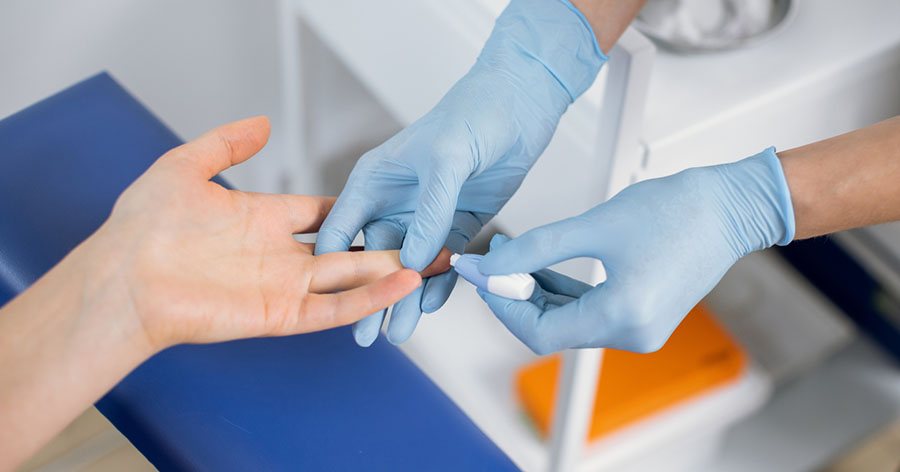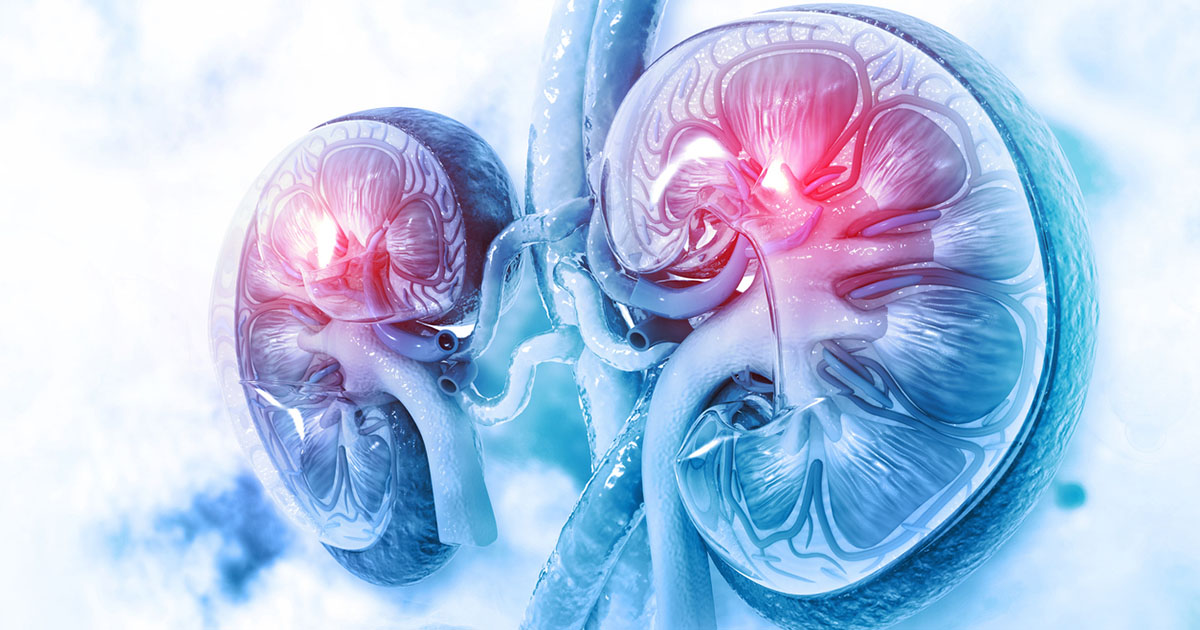I have been party to an ongoing email discussion between Nurse Consultants regarding the guidance relating to the use of new agents in type 2 diabetes and driving regulations. I’m sure many more of you are having the same conversations throughout the UK.
When exenatide and sitagliptin were launched last year there was no guidance available from the DVLA as to whether we should be advising any individuals using these agents to inform the DVLA. After all, on their own these agents do not induce hypoglycaemia and people with diabetes are not required to inform the DVLA when their condition is managed by tablets. In the updated version of the At a glance guide to the current medical standards of fitness to drive document (Drivers Medical Group, 2007) there is no mention of any guidance relating to driving regulations and the new therapies. The information within this document states that for people with type 2 diabetes managed by tablets (and it does not distinguish between classes) with a Group 1 licence (car or motorcycle) there is no need to notify the DVLA as long as the individual does not have any of the criteria within the INF188/2 appendix (Box 1).
For those people with type 2 diabetes who have a Group 2 licence (HGV/PCV), the document states that drivers will be licensed unless relevant disabilities occur or they require insulin therapy. In this section there is no directive to inform the DVLA. However, at the top of the same page it states ‘the applicant or licence holder must inform the DVLA unless stated otherwise’, thus implying that they must inform the DVLA.
When one of the Nurse Consultants contacted the DVLA in early January to ask for clarification regarding driving regulations and the use of the new therapies she received the following reply:
“We have recently been considering the situation and in particular the hypoglycaemia risk with some oral medications, and, after discussion with the Panel Chairman, we are now going to include a reference to hypoglycaemia in the INF188/2 form.”
Following this reply the DVLA have now added a statement on their website (Box 2).
This statement is not helpful as it does not actually state that people using exenatide or sitagliptin who have a Group 2 licence do need to notify the DVLA; it simply states that they should be individually assessed. According to the DVLA this group of individuals should be assessed by a consultant physician in secondary care. These therapies are not solely used in secondary care so does this mean we have to refer these people to secondary care, with an attached cost of £247, for an assessment?
If the DVLA do need this group of individuals to notify them then shouldn’t they be asking this same group to notify them when they commence a sulphonylurea – as it is this drug, not the exenatide or sitagliptin, that induces the hypoglycaemia?
The DVLA are asking for comments so I contacted them recently and asked for clarification on this issue from their Medical Adviser, Dr Simon Rees. He said he was aware of the ambiguity relating to this issue and that the revised ‘Fitness to Drive’ document, which is due for publication in the Spring, will clearly state that any Group 2 licence holder using exenatide and a sulphonylurea will be required to inform the DVLA and will be individually assessed. He also stated that depending on the outcome of the assessment the Group 2 licence may be withdrawn. Lilly Diabetes Care have also issued a letter of explanation for healthcare professionals stating that people with type 2 diabetes with a Group 2 licence, using exenatide and a sulphonylurea should be advised to inform the DVLA.





Why ACR screening is the key to improving renal outcomes in people with diabetes.
21 Oct 2024